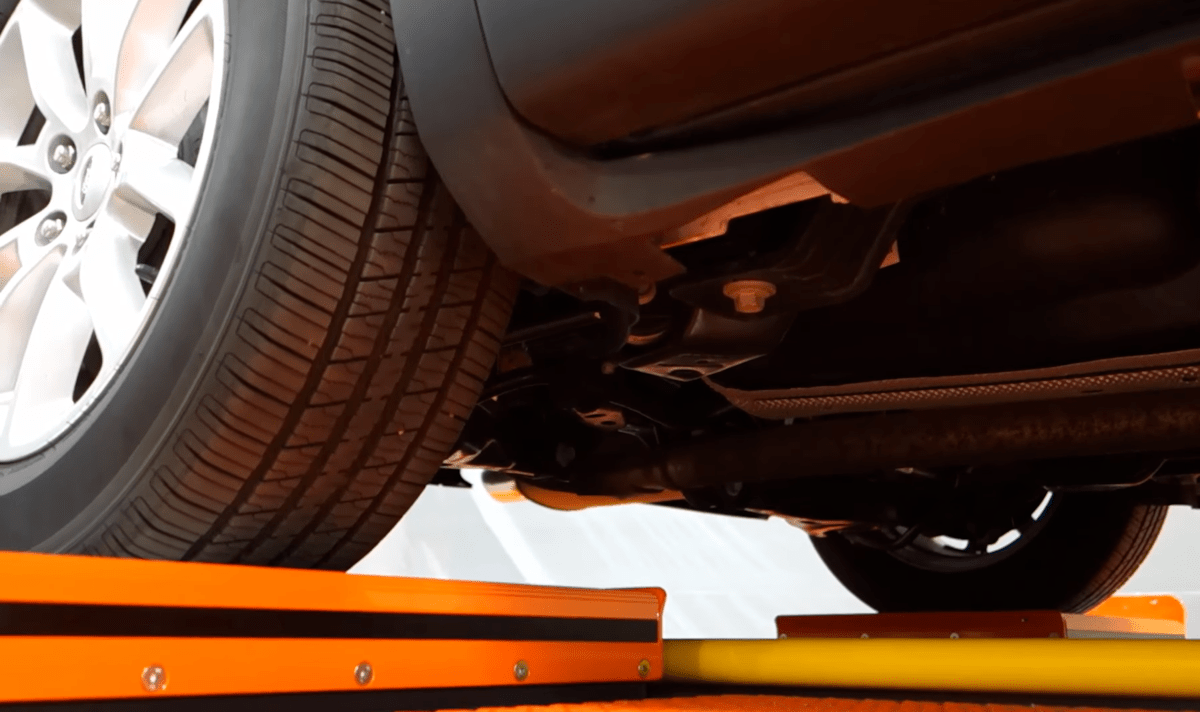EN 13749 Primary Suspension Fatigue Testing
The European Standard EN 13749 specifies the requirements and methods for fatigue testing of railway vehicle primary suspension systems. This standard ensures that these critical components meet stringent durability, safety, and performance criteria under simulated real-world operating conditions.
Primary suspensions are integral to ensuring passenger comfort and safety in railways by absorbing vibrations and shocks from the track. The EN 13749 fatigue testing procedure simulates long-term operational stresses that a suspension system might encounter over its service life. This process is vital for railway manufacturers, quality managers, compliance officers, and R&D engineers who are responsible for ensuring product integrity.
The standard outlines various test parameters such as dynamic loads, frequency, and temperature cycles to mimic the operating environment. Compliance with EN 13749 ensures that products meet European Union requirements and can be used in various railway applications, including high-speed trains, metro systems, and freight locomotives.
During testing, specimens undergo repeated loading cycles until failure or until reaching a predetermined number of cycles as per the standard. This process evaluates the fatigue life, material properties, and structural integrity of the suspension components under realistic conditions. The results provide critical data for continuous improvement in design and manufacturing processes.
The EN 13749 procedure emphasizes the importance of precise testing protocols to ensure accurate and reproducible results. Rigorous calibration and validation are essential to maintain the reliability of test outcomes, which is crucial for product certification and safety compliance.
Understanding the nuances of this standard can help stakeholders make informed decisions about investment in quality assurance programs and product development strategies. By aligning with EN 13749 requirements, railway manufacturers can enhance their reputation and market competitiveness by delivering products that are not only reliable but also compliant with international standards.
The testing process is complex and requires a deep understanding of the materials used in primary suspension systems. This includes high-strength alloys and composite materials designed to withstand harsh conditions without compromising on performance or safety.
Scope and Methodology
| Parameter | Description |
|---|---|
| Test Specimens | Primary suspension springs, dampers, and other components. |
| Load Cycles | Repetitive loading cycles simulating real-world operating conditions. |
| Testing Environment | Controlled temperature and humidity conditions. |
| Data Acquisition | Continuous monitoring of force, displacement, and strain data. |
| Failure Criteria | Detection of structural failure or reaching a predetermined number of cycles. |
Eurolab Advantages
Eurolab offers comprehensive EN 13749 primary suspension fatigue testing services tailored to meet the specific needs of railway manufacturers and quality assurance personnel. Our state-of-the-art facilities provide precise and repeatable test environments that simulate real-world conditions, ensuring accurate results.
We employ highly skilled technicians who are trained in adhering strictly to EN 13749 standards. This ensures that all tests are conducted under controlled conditions, leading to reliable data for informed decision-making. Our robust quality assurance processes guarantee that every test meets international safety and performance benchmarks.
Our commitment to excellence extends beyond testing. We offer expert consultation on design improvements based on test results, helping manufacturers optimize their products for durability and reliability. Additionally, our reporting services provide detailed insights into the fatigue characteristics of tested specimens, aiding in continuous improvement efforts.
At Eurolab, we understand that compliance with EN 13749 is not just a regulatory requirement but also an essential part of maintaining trust and ensuring safety in railway operations. Our services are designed to support clients in achieving these goals efficiently and effectively.
Quality and Reliability Assurance
Ensuring the quality and reliability of railway components is paramount, especially when it comes to primary suspension systems that play a crucial role in passenger safety. Eurolab's commitment to excellence in testing and certification translates into robust quality assurance measures for our EN 13749 fatigue tests.
We adhere strictly to European standards and guidelines throughout the entire testing process, from specimen preparation to data analysis. This ensures that all results are accurate, reproducible, and meet international safety criteria. Our comprehensive approach includes rigorous calibration checks, regular equipment maintenance, and continuous training for our technical staff.
Our quality assurance processes also extend to post-test analyses, where we provide detailed reports highlighting key findings and recommendations for improvement. These insights help manufacturers refine their designs and enhance product performance. By leveraging these expert analyses, clients can make informed decisions that contribute to safer, more reliable railway operations.
We pride ourselves on delivering consistent and high-quality services that meet the demanding requirements of our clients in the railway sector. Our unwavering commitment to quality and reliability reflects our dedication to maintaining trust within the industry.





